Alex Cheong Pui Yin
23rd December 2022 - 8 min read

We’re just about one week shy from crossing over into 2023, and no doubt everyone’s excited about new beginnings and fresh starts. But before you dive into the new year with renewed goals and resolutions, it’s always wise to take a step back and reassess your existing financial affairs, especially since the exercise isn’t as time- and effort-consuming as you think. And more importantly, it is worth doing.
So consider this an annual year-end exercise to encourage you to pause before making grand new year plans, take stock of your financial situation, and ultimately make better financial resolutions that improves your relationship with money in the new year.
Here are some of the most important aspects to review:
Check for remaining tax reliefs
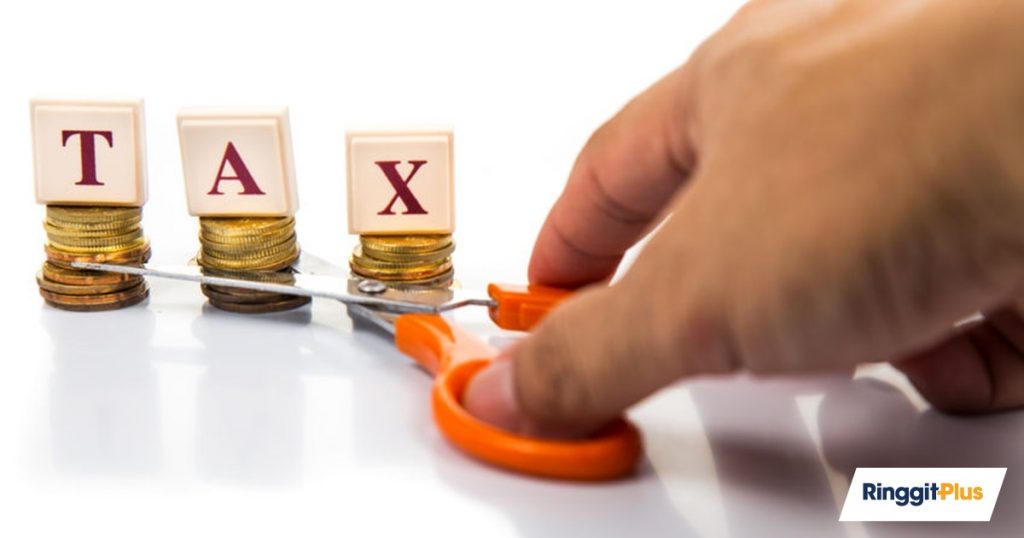
Take time to review your assets and see if there are any remaining tax reliefs that you can tap into to further reduce your taxable income before 2022 ends. Some last-minute tax reliefs that are still available to you before 2023 rolls in include:
- Up to RM3,000 for Private Retirement Schemes (PRS)
- Up to RM3,000 for life insurance and RM4,000 for EPF contributions (for private sector employees, public servants with no pension, and voluntary contributions)/Up to a total of RM7,000 for life insurance (pensionable public servants)
- Up to RM3,000 for premiums paid for education plans and medical insurance
- TUp to RM1,000 for full medical check-up expenses, including mental health services
- Special tax relief of RM2,500 for the purchase of phones, computers, and tablets
As you check for these tax reliefs to take advantage of them, do keep one thing in mind – don’t financially overstretch yourself just to get the tax reliefs!
It may also be a good idea to start gathering relevant documents that you need to file your taxes for the following year. These include receipts for charities, medical costs, educational expenses, book purchases, and other tax-deductible transactions. This step can be especially helpful if you are someone with a side business or a freelancer, and need to collect all your receipts to prove your income source, or invoices for tax-deductible business expenses.
Hopefully, these early preparations will help to make your tax filing process less hectic when the tax season rolls around (on the 1st of March each year!)
Review your investments
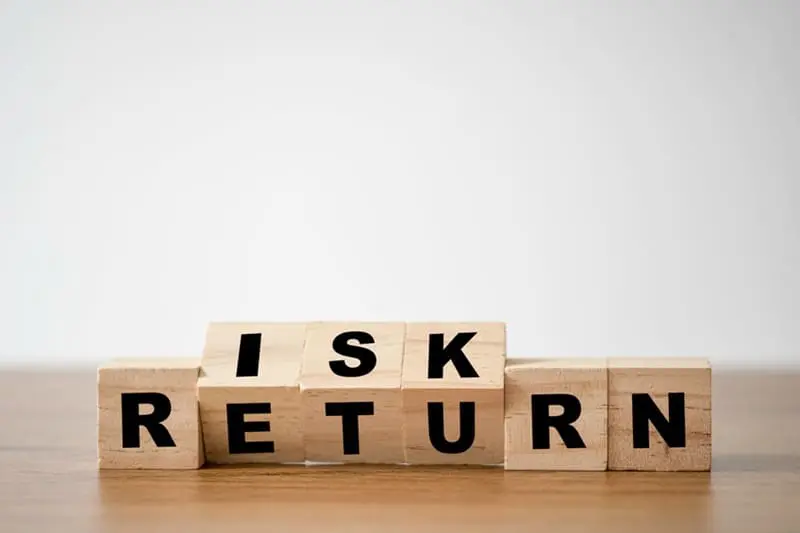
It is important to recognise that 2022 has not been an easy year for investors, with many industries and global economies still struggling to recover from the impact of Covid-19. This is on top of new crises, like the Russia-Ukraine conflict and burgeoning inflation rate. It is likely that these setbacks will continue into 2023, with economic recessions also in the cards.
As such, take stock of the investments that you’ve made throughout 2022, and how they’ve done thus far (earnings and losses, which asset had the best yields, and so on) to plan your next steps. Consider also whether your current portfolio still matches your risk appetite; you would have made gains or incurred losses over the course of the year that may have affected the asset and risk allocation of your portfolio, so it may be time to rebalance.
On a related note, you should always remain focused on your investment goals. If your investment horizon is long, a bear market is an opportunity to invest. Tap into strategies like dollar-cost averaging (DCA) to help you manage market volatility and risk and ride the bear market out.
A quick reminder here, though: while investing is certainly important to help you achieve various financial goals, don’t forget to prioritise and ensure that you have enough cash for emergencies first! At the very least, your emergency fund should be enough to last you at least three to six months. If you don’t have that yet, it’s better to focus on building or replenishing your emergency fund instead.
Review your credit cards

While we’re often reminded to review our insurance, will, and investments come year-end, we frequently forget to do the same for our credit cards as well. Credit cards – if optimised and used responsibly – can help you save hundreds of even thousands of Ringgit every year, it’s worth taking time to review your current cards.
To start, check if you are already aware of the benefits of the cards that you have. If you don’t, find out whether your card(s) offers perks such as cashback or rewards points that applies to your usual spending; you’ll want a card that rewards you without changing your spending habits.
But that’s not the end of it. Even if you are aware of your card’s benefits when you applied for it, these are regularly revised by the banks – so the original perks of your cards may no longer apply. Take time to find out the latest features of your cards and see if they still reward you for your spending needs.
While you’re at it, also do a quick survey to see if there are new cards in the market with better benefits that cater to your existing lifestyle. For instance, there may be a new cashback credit card that offers better cashback rates than your current one(s). Finally, remember that even though they may seem like small amounts, when you total them up over a year the savings you earn can be substantial.
Check your credit score
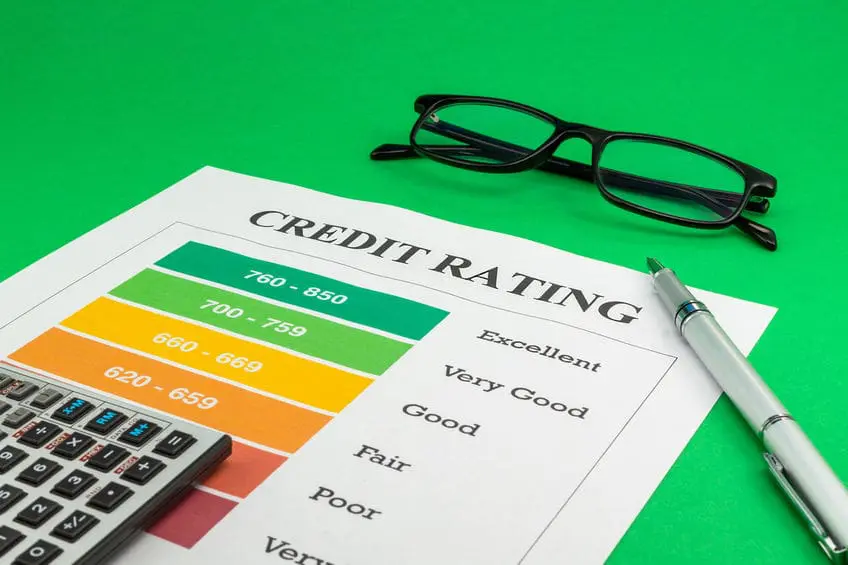
A credit score is essentially a measurement of your overall financial health, as well as your creditworthiness – defined as how able you are to repay your debts in a timely manner. Financial institutions use it as one of the ways to help them determine whether they should offer credit facilities, such as credit cards and loans, to you. So if you have a higher credit score – which means you have better credit health and are a good paymaster – then there is a higher chance of getting your credit facilities approved.
Aside from having better approval rates, there are also other benefits to possessing a good credit score. For instance, banks may be more open to offering you a higher credit limit for your credit cards, or even better, you may even enjoy lower interest rates on loans!
Given these reasons, it’s always a good idea to check in periodically (like the end of the year!) and make sure that your credit score is in good standing. In Malaysia, you can check your credit score via the services of credit reporting agencies, such as Experian and CTOS. Your credit report will also contain information such as your litigation history, bankruptcies, shareholding/directorship and business interests, as well as PTPTN payments.
Review your insurance and will

Re-evaluate your insurance policies – especially life and medical – to ensure that they still meet your needs. This is especially if you have gone through some major life events, such as starting your own family or purchasing a house. This means your obligations will have changed, and you must ensure that your insurance protection is sufficient to cover these new items as well.
In the case of life insurance, for instance, policyholders are typically advised to purchase a policy with a coverage of 10 to 15 times their annual gross income. So if your annual income has recently increased to RM48,000, your minimum coverage should now be at least RM480,000.
As for medical insurance, you may have noticed that your current coverage has reduced or there may be an increase in your premium. This is due to the rising cost of insurance, and you should speak to your agent (if you have one) to review your options.
Remember, reviewing your insurance does not always mean increasing your coverage; it could also mean dropping unnecessary coverage or adjusting deductibles that you don’t actually need. That said, don’t neglect or compromise on important protection – such as flood or special perils coverage for your home and cars – just to save money.

On a separate note, make sure to also update your insurance policies to list the right beneficiaries. This is crucial so that your insurer will know the right person to contact in the event of unfortunate events.
This applies to your will as well, if you have one. Have you acquired new assets and listed them in your estate? Are your list of beneficiaries up to date? If you have a complex family situation or own various assets, it may be wise to consult a financial planner as well.
***
Of course, this list is by no means exhaustive; there are many other matters that you may also want to consider looking into to check on your financial health, but these few are as good as any to start with. We’ll also share some tips on the various steps that you can take after doing your year-end financial review, so keep an eye out for that!



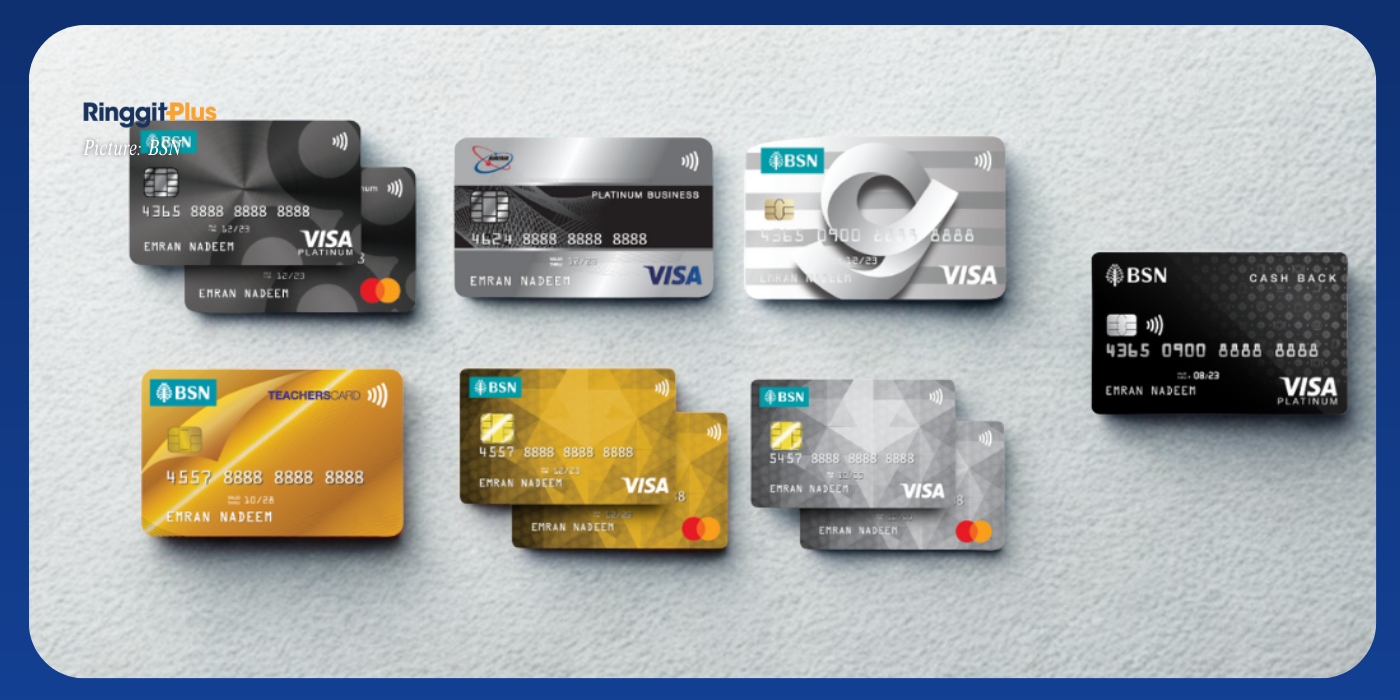

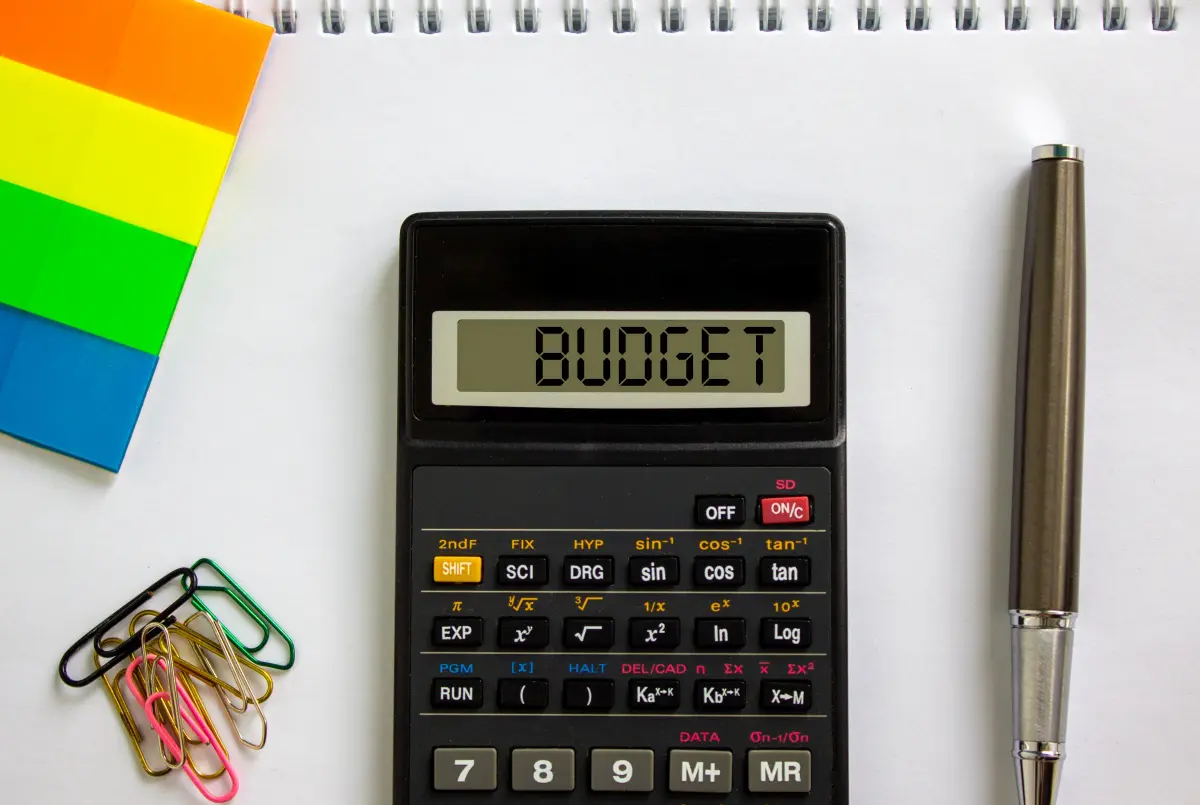



Comments (0)